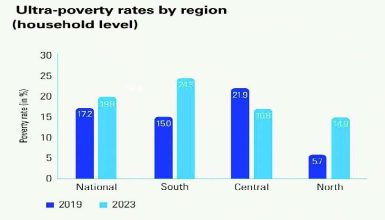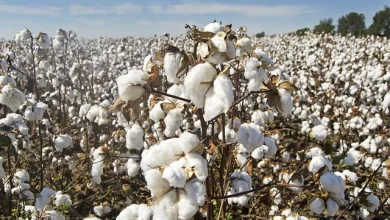Mitc hopeful of boosting exports, to enter China
Malawi Investment and Trade Centre (Mitc) says it is working to have the country sign trade protocols with China to export various crops to increase exports and boost foreign exchange.
Speaking on Wednesday when Mitc officials appeared before the Parliamentary Committee on Trade, Industry and Tourism to explain efforts they are undertaking to improve the country’s exports, Mitc acting director of trade and facilitation Lovemore Ndege said China has shown interest in crops such as soy beans, chilli, sesame, and macadamia nuts.
He said Malawi has already signed a protocol for soya beans which will see the country exporting unlimited tonnage of soya, but they are waiting for China to give a go-ahead for commencement of exports.

Said Ndege: “We want to increase our exports and one of the strategies is to export to China. As you are aware, China is a growing power. So, Malawi Government has signed an agreement to export unlimited tonnage of soya beans.
“We are also negotiating a protocol for macadamia nuts, a protocol for ground nuts, for chillies, sesame and ornamental fish.”
He said once those are finalised, farmers will no longer have to worry about markets and prices as China is a big market which will have no limit to volumes exported.
Ndege, therefore, called for the need to fast-track plans to establish mega farms to produce in bulk and sustain supply.
On his part, Parliamentary Committee on Trade, Industry and Tourism chairperson Paul Nkhoma called on government to promote value-addition for the commodities to be exported so that the country generates more forex and does not export jobs.
“We should export the processed product that they themselves want to do,” he said.
Nkhoma also urged government to set timelines on the development of mega farms so that the country can start to benefit soon.
Malawi is currently struggling with shortages of foreign exchange due to a subdued export base.
Mitc data shows that Malawi exports an average of $1.2 billion worth of goods against imports at $2.1 billion.





